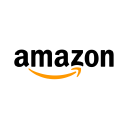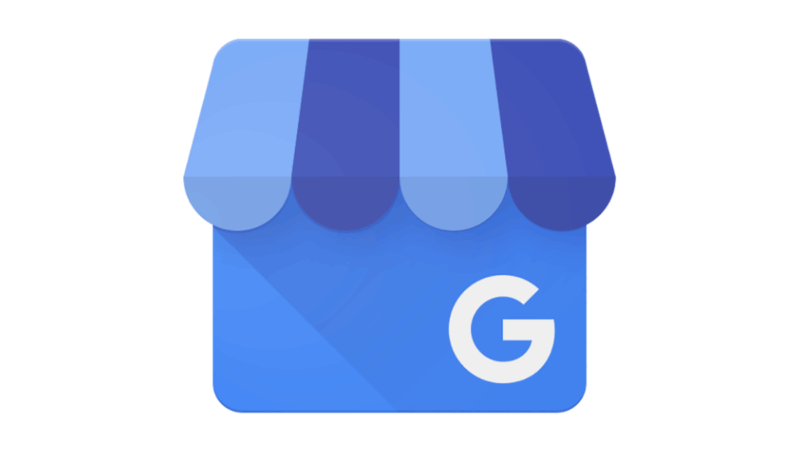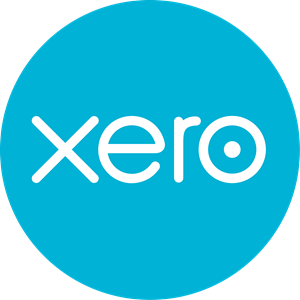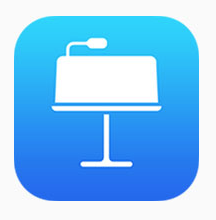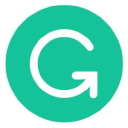How I Created A Software To Manage Gyms And Reached $100K/Month In Revenue
Hello! Who are you and what business did you start?
Hey everyone, I'm Dan Uyemura - CEO of PushPress.
PushPress is a modern boutique gym management system. Our mission is to help gyms manage and grow their business more efficiently than their competition, allowing them to win out their local market.
To date, we’ve bootstrapped our business to over $100,000 MRR. We’re especially proud to be the only platform in our space who serve the best interests of our clients first, having no investors to answer to.

What's your backstory and how did you come up with the idea?
The story of PushPress actually predates my involvement in fitness in any way. I was a coder, working for startups in the early 2000s. ...

